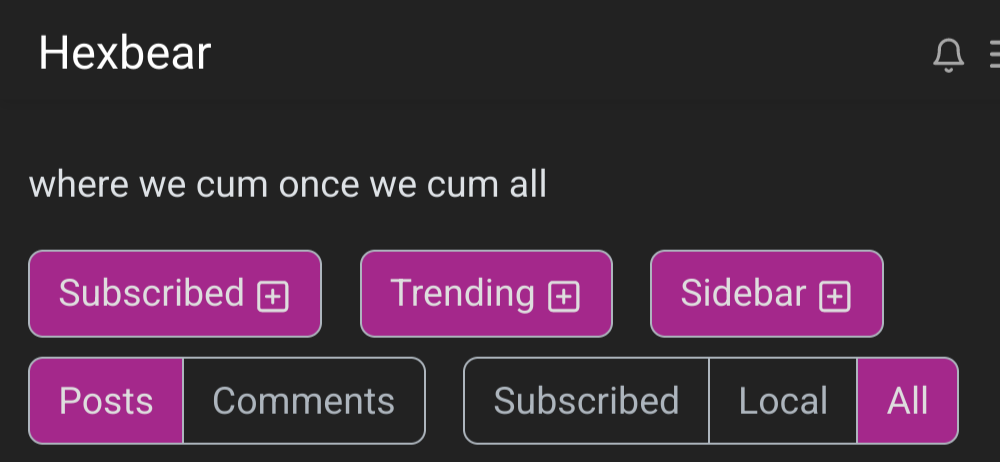Victoria's Indigenous truth-telling inquiry is calling on the state government to create an independent watchdog to tackle police complaints, a First Nations-controlled child protection system and to stop detaining children under the age of 16.
During a year-long inquiry, the Yoorrook Justice Commission found evidence of ongoing systemic racism and gross human rights abuses committed against First Peoples in the state of Victoria.
In its most significant proposal yet, the commission has put forward 46 recommendations amounting to a sweeping overhaul of Victoria's child protection and criminal justice systems.
It is the first time in Australian history a government will be forced to respond to a major reform agenda put forward by its own truth-telling commission.
The recommendations range from long-term transformative change — like establishing a dedicated child protection system for First Peoples children, controlled by First People — to urgent asks including raising the age of criminal responsibility to 14.
"This is the first truth-telling commission in Australia, in Victoria, for Victorian First Peoples," Wurundjeri and Ngurai Illum Wurrung woman and Yoorrook Commissioner Sue-Anne Hunter said.
"We are not going to tinker around the edges here."
Yoorrook wants an independent police complaints body
Yoorrook's 46 recommendations broadly call for more control — and oversight — of policies that the commission has found are continuing to devastate and disadvantage Aboriginal people in Victoria.
"We are talking about real change," Ms Hunter said.
"We've had over 200 years of a colonial system that needs to change … We're not going to stop until we have self-determination for First Peoples in this state."
Among Yoorrook's recommendations is a call for a new police oversight body — to be led by someone who is not a police officer — with the power to arrest and search Victoria Police officers and investigate police complaints and deaths in custody.
Yoorrook wants the new watchdog to have a dedicated First Peoples-led division to deal with police complaints from Aboriginal people.
The commission also wants recognition of systemic racism embedded at the highest levels of Victoria Police.
It asks that a commitment to understanding and ending racism within the police force be made a mandatory criteria informing the selection and annual review of the police chief commissioner.
It wants criminal offences of poverty, including offending linked with homelessness, disability and mental ill-health to be decriminalised, where appropriate.
Yoorrook is also calling for training for all Victorians working in policing, corrections, youth justice, child protection and some health roles after the commission heard evidence of racial bias and over-policing against First Peoples.
It wants more power given to existing watchdogs, like the Commissioner for Aboriginal Children and Young people.
It is also asking the government to commit to proper monitoring of programs intended to benefit Indigenous Victorians, through an Indigenous-led oversight and accountability commission.
Several of Yoorrook's recommendations — such as bail reform, raising the criminal age of responsibility to 14 and the creation of a new body to handle police complaints — are not new.
The commission has acknowledged progress has been made in some of these areas, including the Victorian government's recently introduced bail reforms and its plan to eventually raise the criminal age of responsibility to 14.
But Yoorrook's recommendations go beyond what has already been proposed by the government.
For example, not only does Yoorrook recommend urgently raising the criminal age to 14, it asks that the government prohibit the detention of children under the age of 16
The recommendations follow Yoorrook's own inquiry into the criminal justice and child protection systems, hearing from more than 80 witnesses including government ministers and First Peoples with lived experience of Victorian state systems.
The 12-month inquiry found unacceptable disparities in outcomes between Indigenous and non-Indigenous people caught up in state systems.
Aboriginal children are 21 times more likely to be in the out-of-home-care system in Victoria.
In the criminal justice system, over the last decade, the rates of Aboriginal men on remand in Victoria increased by nearly 600 per cent.
Twenty of the urgent recommendations relate to reforms of the child-protection system, including addressing the "pre-birth" reports systems, which the commission found were unfairly impacting Aboriginal women.
A "pre-birth" report is a child-protection notification made about a pregnant woman before her child is born.
"In effect, this means an Aboriginal child in our community can be in a pipeline to the justice system before being born," Wergaia/Wamba Wamba Elder and chair of the commission Eleanor Bourke wrote in the forward to Yoorrook's report.
"It is hard to imagine a scenario that more profoundly demonstrates systemic failure."
Yoorrook has recommended a notification scheme for pre-birth reports, including that the pregnant Aboriginal woman is told that she has been subject to a notification and is offered support.
The scheme would also trigger, with the consent of the expectant mother, notification to an Aboriginal community-controlled health and legal service.
These specific recommendations fall within the broader call for the Victorian government to transfer decision-making power, control and resources to First Peoples to give effect to self-determination within the child protection system and criminal justice systems.
In early December last year, during Yoorrook hearings, Premier Daniel Andrews conceded the state's child protection system was "troubling" and "not designed properly".
"We are taking too many First Nations kids away from their families," he said.
"We're going to do something about this … we are absolutely going to do something about this."
Mr Andrews's comments have been referenced by Yoorrook commissioners in its report.
"Premier Andrews said his government would 'waste no time' in delivering on Yoorrook's recommendations," Commissioner Sue-Anne Hunter said.
"I urge the Premier to live up to these words, because our people cannot wait any longer."
Yoorrook's next issues report is expected to examine land injustice, with the commission scheduled to conclude its work with a final report due in 2025.


:)